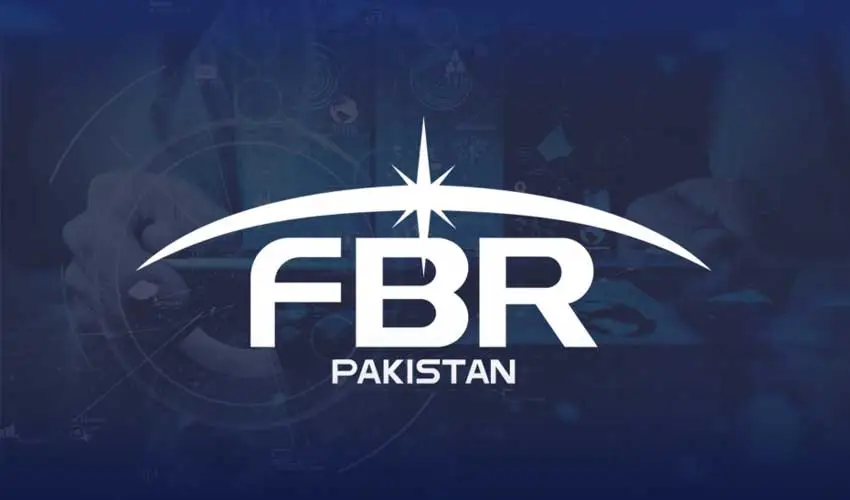ISLAMABAD – The Federal Board of Revenue (FBR) claims the retail sector contributed an additional Rs455 billion in income tax during FY 2024-25, but the methodology used to calculate the figure is raising serious questions.
In a statement released Wednesday, the PM Office said total retail tax collection hit Rs617 billion, citing POS integration and tighter enforcement. The announcement came during Prime Minister Shehbaz Sharif’s review meeting on FBR reforms, where he praised the “positive trajectory” of revenue growth.
However, sources within FBR admitted the retail category was broadly defined, lumping together wholesalers, traders, and even some corporate entities. Without this loose categorization, the actual increase would be closer to Rs133 billion, not Rs455 billion.
What’s Behind the Rs617 Billion?
A detailed breakdown shows:
✅ Rs316 billion in advance tax (Rs30b from wholesalers, Rs49b from traders, Rs316b from retailers)
✅ Rs28 billion from annual returns (Rs14b from traders, Rs5.3b from retailers, Rs8.5b from wholesalers)
✅ Rs216 billion in withholding taxes (Rs28b wholesalers, Rs119b traders, Rs69b retailers)
✅ Rs57 billion in other taxes
In FY 2023-24, the retail sector (under the same loose definition) paid Rs484 billion, meaning the year-on-year growth was Rs133 billion, not the “additional Rs455 billion” claimed.
Manufacturers & Salaried Class Carry the Load
The meeting also highlighted the tax burden imbalance. PBS data shows manufacturing contributes just 12% of GDP, while wholesale/retail contribute 18%, yet the salaried class paid a record Rs555 billion, indicating heavy reliance on formal income earners rather than the informal economy.
Tax-to-GDP Ratio Still Below IMF Target
Despite an uptick in collection, the tax-to-GDP ratio only rose by 1.5%, missing the IMF requirement of 10.6%.
The PM urged FBR to push digital reforms faster, restructure its IT wing, and engage with businesses and traders to build trust. He also called for a simplified tax regime that supports growth while bringing the informal sector into the net.
Meanwhile, FBR showcased success in faceless customs clearance, which is expected to reduce cargo clearance time to 12 hours in the next three months.



